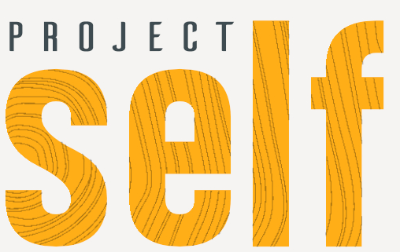Most of us understand the importance of letting go to move on. But often there’s a sense that letting go is as simple as letting a fish swim out of your hand into a river, or a balloon into the air – release, of returning things to their natural order – of lightness, letting things be. But it requires focus and effort. It can be an emotional wrench.
To relinquish is to voluntarily cease to keep or claim. To cease a claim on something that isn’t actually ours. Are we trying to keep the fish in hand against its will? The thing we once held loosely; embraced; we are now holding captive, gripping. We don’t want to give something up which we hold so dear but we also want to keep it in a state of stasis, against time, against change. We cannot let go until we realise the effort in resistance.
Holding onto something that is no longer good for us (and hence the need to let go) usually means we may have once had something but it has changed and we want it to be what it once was. Or we are holding on to an ideal; how we want something to be, rather than being able to accept how it actually is. The capacity to let go of something can come from the recognition that rather than having something within our grasp, it has already slipped away and we are trying to maintain it, rather than let it be gone. Our hand is in fact already empty. We just don’t want it to be.
The origin of the word relinquish stems from the latin for expressing intensive force, and to leave. When you think of the act of leaving – it’s physical. It’s moving away. It’s not just letting the fish swim, it’s leaving the bank of the river. Letting go is an emotional act of choosing, not just to stop holding, but in finding the energetic willingness to leave.
Relinquishing something can require determination and belief in your own capacity to be without it and a faith in the value of future without it. Letting go is ultimately about release, but often not of the thing you are holding onto but of part of yourself. Of hopes, desires, love. But also of past hurt, disappointment and longing.
We need to able to see what the absence can enable.
Stop holding the wriggling fish and you will have your hand free to reach for the next place.
